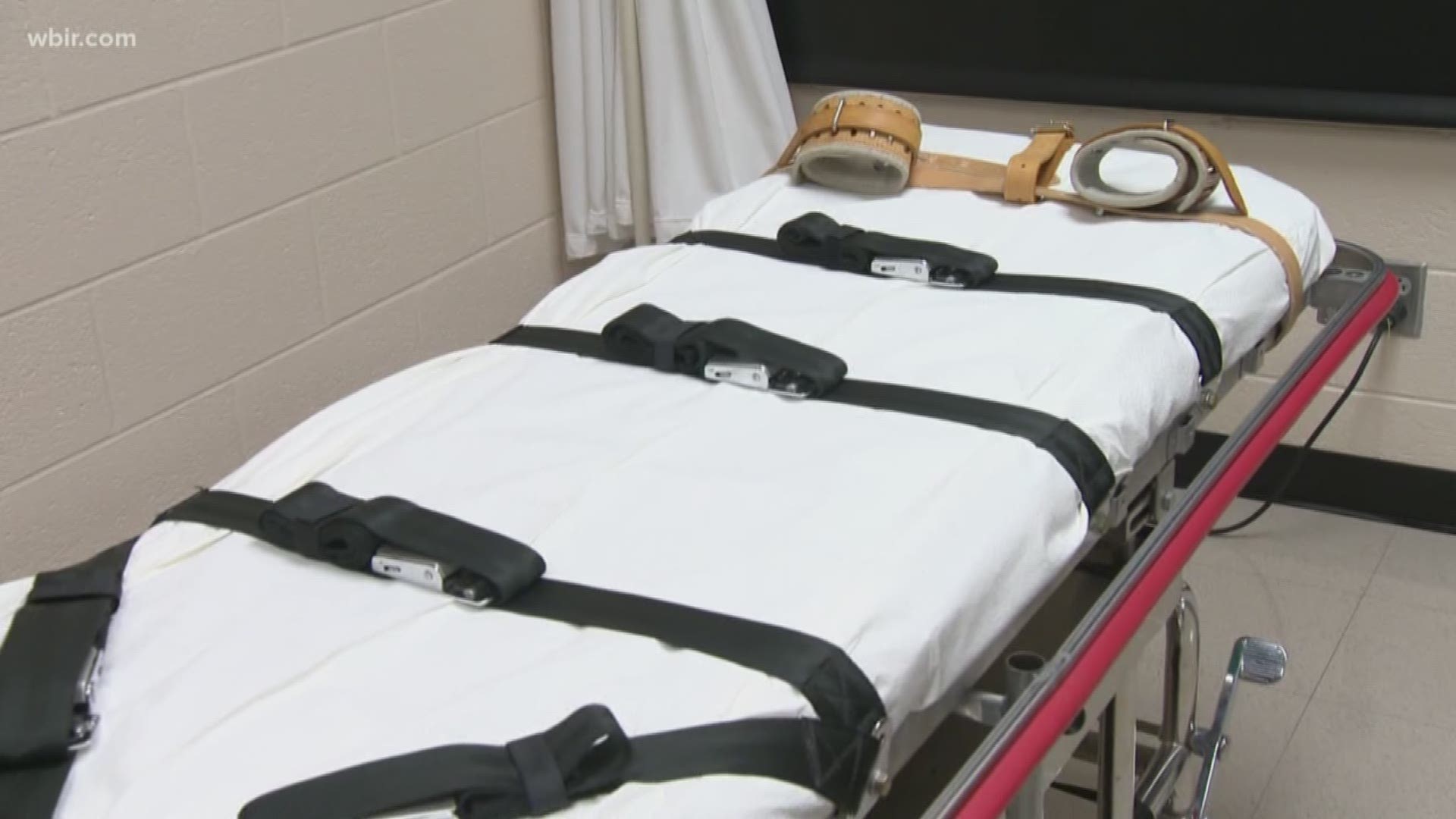The ongoing debate surrounding the use of lethal injection as a method of execution in the United States has provoked a myriad of ethical, legal, and social dilemmas. How do we reconcile the desire for justice with the potential for human error? This question looms large as courts and lawmakers grapple with the complexities of capital punishment. Recently, the Tennessee Supreme Court has taken a closer look at this contentious issue, stirring a renewed sense of urgency and scrutiny.
At the heart of the discussion is the composition and administration of lethal injection drugs. Traditionally, executions have utilized a three-drug protocol, intended to induce unconsciousness, paralysis, and ultimately, cardiac arrest. However, this method has faced intense scrutiny, especially in cases where botched executions have resulted in prolonged and agonizing deaths. This has compelled both legal experts and human rights advocates to question the efficacy and humanity of lethal injection as an execution method.
The legal challenges posed by such practices are multifaceted. Defendants and their legal teams often argue that administering lethal injection, particularly with drugs that are untested or obtained under questionable circumstances, constitutes cruel and unusual punishment. The Eighth Amendment of the U.S. Constitution prohibits such treatment, thus giving rise to appeals that examine not only the legality of lethal injection but also its moral standing. Could an untested cocktail of pharmaceuticals administered in a chaotic manner truly meet the standards of human decency?
The debate does not end with legalese but extends into the realm of public opinion. Many Americans hold strongly divergent views on capital punishment. While some advocate for its elimination, others see it as an essential tool for deterrence and justice. Social media platforms, a newfound terrain for advocacy, amplify voices for both sides. Herein lies a potential paradox: can society truly uphold the moral high ground while simultaneously endorsing a method fraught with uncertainty and debate?
What if this contentious issue reveals deeper societal fissures? As the Tennessee Supreme Court reviews the validity of lethal injection, it inadvertently stirs a dialogue about broader themes of justice, retribution, and humanity’s complex relationship with crime and punishment. As the nation watches, the stakes are high—not just for those on death row, but for the ethical and moral fabric of society itself.
In conclusion, the legal and ethical quandaries surrounding lethal injection continue to foster vigorous debate, throwing the future of capital punishment into a realm of uncertainty. Is it possible that the question we are truly facing transcends the individual methods of execution and leads us to reconsider our whole approach to justice? With each case, we approach the precipice of moral reckoning, urging us all to engage in a thoughtful examination of what it means to inflict the ultimate punishment.
